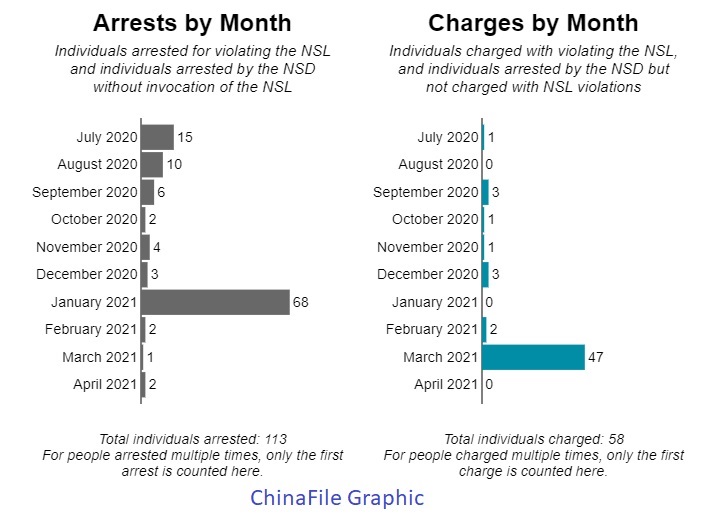I met Clark Nickels in college. He was slyly, quietly funny, not the brash, loud humor of the typical 19-year-old. He was a good intramural basketball player and a damn talented artist, a winning combo in our scorebook. He was such a good artist that he started and operated for many years Hand Silkscreen in Portland, Oregon. On occasion, I would send him an email for some inane request—like designing and printing T-shirts to help promote my novel, Munsrat Lives, or the short film Mike Williams and I made, Please Hold. No matter how trivial or important the request, he did it, magnificently, perhaps better than the project itself. And his Facebook posts were often masterpieces of his sly humor. I will miss them, and him—he died last week of cancer at far too young an age.
And, unfortunately, it was a difficult week all around. My friend, Kris Edmonds, she of gentle, firm, lapping Monterey waters of kindness, lost her husband a few days after Clark passed. Someone else I know informed me their wife has cancer, a friend’s father is ill, and a colleague was in the ICU for much of the week, though fortunately he is expected to make a full recovery. It was a week-long reminder that life is very brief, and we should, whenever we can, take time to revel in the joyousness of it, even as we process the pain. The Preservation Hall Jazz Band, with the grooving ocean of joy that is Jon Batiste, does that better than just about anyone as you see in the video below. It’s this Week’s International Need to Know, flying away with robotic pizza, the main source of ocean plastic and China’s continued destruction of Hong Kong.
Italy, Pizza and Automation
We ease into the week by reflecting back on one of our last international trips before the pandemic. We were in Italy and at the beginning of our trip toured around Naples including, of course, sampling some of their world famous Neapolitan pizza. The good people of Naples take great pride in the culinary delight they gave to the world. Later, in Rome, we tasted some new, modern-style pizza, but still skillfully crafted by human hands, at Bonci. It was delicious. So we were surprised to read this week that “Rome has a new vending machine which slides out freshly cooked pizzas in just three minutes. Buyers using the flaming red ‘Mr. Go Pizza’ machine can choose from four different kinds of pizzas costing from 4.50 to 6 euros ($5.2-7.2).” This seems like the kind of thing we’d encounter in Japan, not traditional-leaning Italy. But, in fact, Italy leans into new technology fairly well. We were also surprised to learn that not only does Italy have a pizza vending machine but also that it is sixth in the world for robot density, just behind the United States. South Korea continues to lead the world, followed by Japan, Germany and Sweden. Our world will become even more automated in the years ahead, but we will still enjoy our pizza the old fashioned way.
Waves of Plastic Come From Where?
We are continually surprised by our world, pizza or no, which we take as a good thing because it means we are continually learning. Ignorance might be bliss but curiosity is delight. Our latest surprise was learning which country is responsible for the most plastic pollution making its way into the ocean. Perhaps you thought it was the United States, or like me perhaps you assumed it was China. Others might have guessed India. None of these are true. The Philippines is by far the largest polluter of plastic into the world’s oceans. In fact, they are responsible for a whopping one-third of the global total, according to OurWorldInData. It turns out that plastic tossed into rivers is the main source for ocean plastic pollution. And the Philippines has many rivers. Plus, it has many islands with most people living near coastlines. OurWorldInData reports that, “The Pasig River in the Philippines alone accounts for 6.4% of global river plastics.” Overall, Asia accounts for 81 percent of the world’s ocean plastic pollution. China is responsible for 7 percent, India for 13 percent and the U.S. for .25 percent.
China Corner: How’s National Security Law Going?
So almost a year after the new National Security Law was enacted in Hong Kong, as China continues to violate the 1997 handover agreement from Britain, how are things going? Well, more than 90 people have been arrested under the law since that time, almost all for freedom of expression. Hong Kong press freedom has reached new lows according to a recent survey and last week Hong Kong police, now controlled by China, arrested five people for using social media to express their opinions. Those five people range in age from 15 to 24. Yes,15-year-olds are now a danger to the state in Hong Kong. So, the answer to the question is that things aren’t going very well at all in Hong Kong as China’s suppression of freedom is near total. But, remember that arresting 15-year-olds is a sign of weakness not strength. China is worrisome, scary and we need to put in place the kinds of strategies I recommend in my book, Challenging China. But China in some ways is far weaker than people understand, as the actions last week illustrate.



